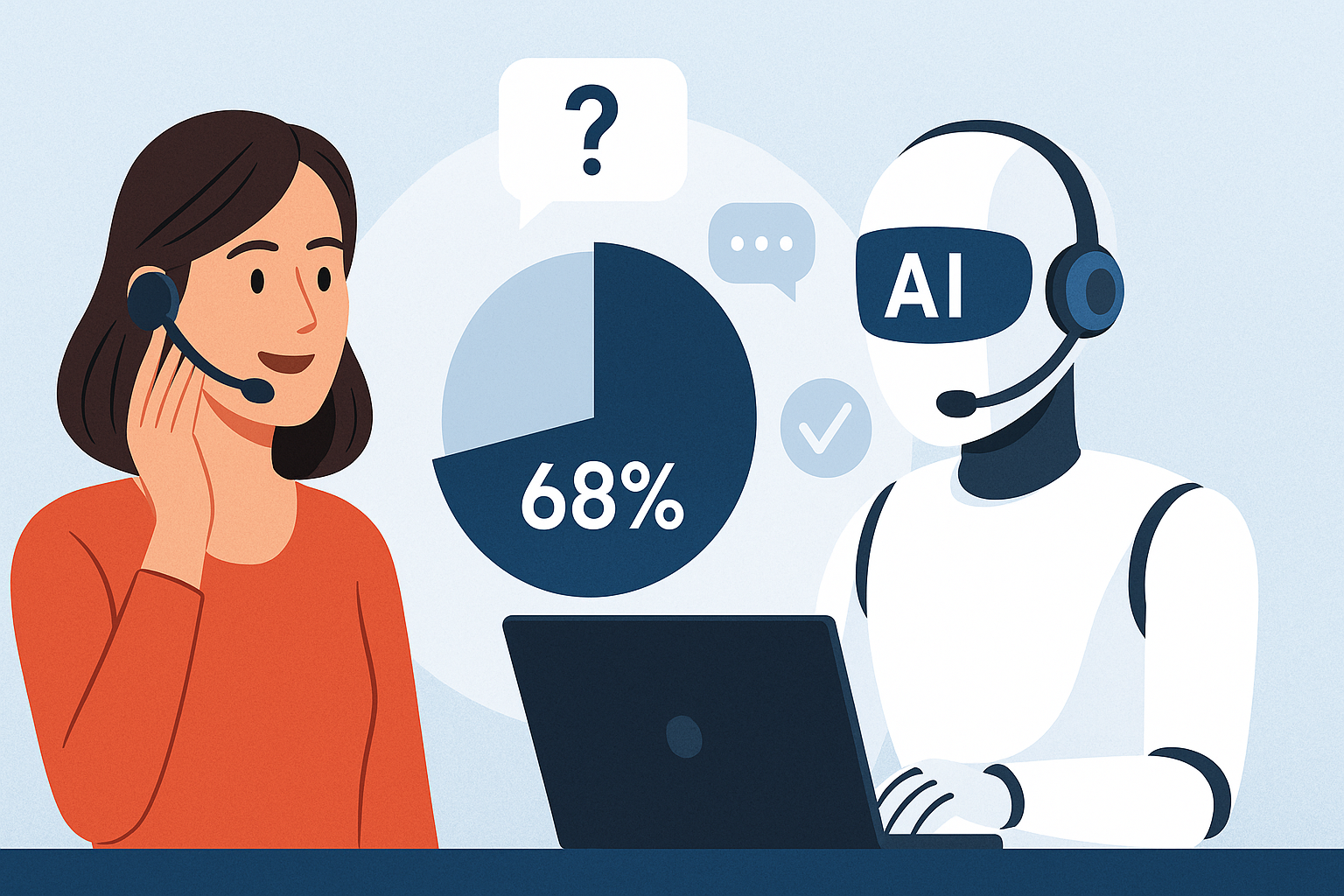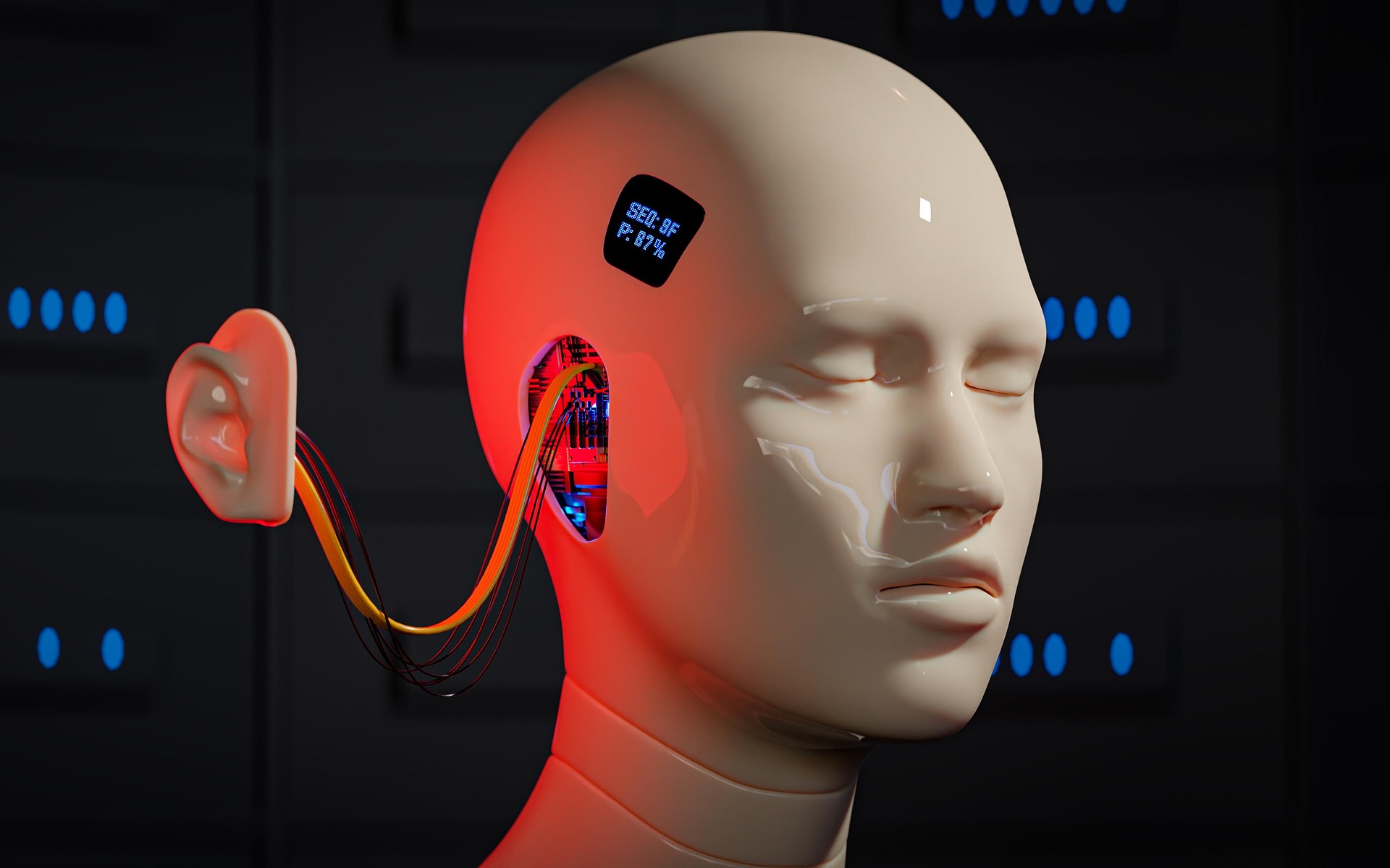Cisco’s latest global study reveals a sharp acceleration in the adoption of agentic AI across enterprise customer support. Released on May 27, 2025, the research projects that 68% of customer service interactions with technology vendors will be managed by agentic AI systems by 2028—up from a projected 56% within the next 12 months. This shift signals a profound transformation in how businesses approach customer experience, automation, and operational efficiency.
Defining agentic AI
Agentic AI refers to advanced artificial intelligence capable of autonomously performing tasks, learning from data and interactions, and making context-driven decisions with minimal human input. Unlike traditional automation, agentic AI can adapt to dynamic environments, collaborate across systems, and interact with tools like IoT devices, analytics platforms, and conversational interfaces.
These systems are not just reactive; they’re proactive, with the ability to detect issues before they arise, offer personalized solutions, and optimize user experience through continuous learning.
Key takeaways from cisco’s global survey
Cisco’s report, The Race to an Agentic Future: How Agentic AI Will Transform Customer Experience, surveyed 7,950 business and IT leaders across 30 countries. The findings offer a snapshot of a rapidly evolving landscape:
- Rapid adoption timeline: Businesses expect 56% of their tech support interactions to be managed by agentic AI within the next year, rising to 68% by 2028.
- Vendor support is more critical than ever: 92% of organizations say the complexity of today’s IT environment has made vendor support essential to operations.
- CX transformation through AI: 93% of respondents believe agentic AI will lead to more personalized, proactive, and predictive customer service.
- Human connection still matters: Despite the growing reliance on AI, 96% of participants stressed the continued importance of strong human relationships with B2B vendors.
- Call for ethical safeguards: 99% of organizations emphasized the need for technology partners to demonstrate transparent and ethical governance when deploying agentic AI.
Implications for tech vendors
The shift to agentic AI is not a mere efficiency upgrade—it’s an existential pivot. Vendors unable to effectively deploy these technologies may struggle to maintain customer satisfaction and retention. The risks include diminished trust, higher churn rates, and competitive disadvantage.
On the flip side, vendors that move swiftly and responsibly can unlock considerable benefits, including:
- Enhanced scalability and operational agility
- Richer customer insights through intelligent data analytics
- Improved customer loyalty by delivering faster, smarter support experiences
Cisco is already incorporating agentic AI into its ecosystem. Tools like the Webex AI Agent are designed to handle routine inquiries automatically, while providing real-time conversational intelligence that helps resolve issues efficiently. The company sees this as a strategic pillar for future growth in customer service automation.
Industry-wide momentum
The move toward agentic AI isn’t limited to Cisco. Gartner predicts that by 2029, 80% of common customer service issues will be autonomously resolved by agentic AI systems. Salesforce projects that one-third of all enterprise software will include embedded agentic AI capabilities by 2028. These figures underscore a broader expectation: AI will not just support service—it will lead it.
Rethinking customer service for the AI era
Cisco’s research paints a clear picture of what lies ahead: a customer service landscape driven less by scripted workflows and more by intelligent, autonomous systems. Yet it also cautions against neglecting the human dimension. While agentic AI may manage the majority of interactions, the quality of those interactions—and the governance behind them—will define success.
Technology vendors face a narrow window to recalibrate their strategies. As agentic AI transitions from innovation to necessity, those who adapt early will shape the next era of enterprise customer experience.





